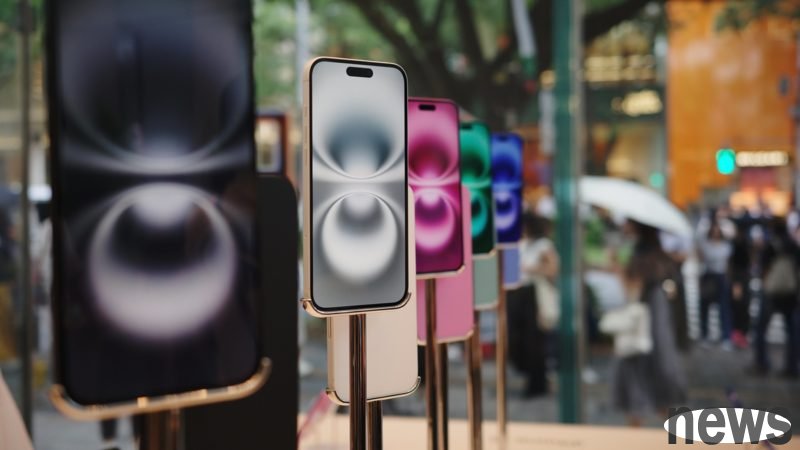In 2026, Apple’s iPhone 18 is expected to be equipped with a new generation of A20 chips (2nm process), which will significantly improve energy efficiency and performance. Although it still uses traditional graphite-based lithium-ion batteries for n...

In 2026, Apple’s iPhone 18 is expected to be equipped with a new generation of A20 chips (2nm process), which will significantly improve energy efficiency and performance. Although it still uses traditional graphite-based lithium-ion batteries for now, Apple is paving the way for future silicon-carbon battery technology that will make phones thinner and have longer battery life.
Apple’s breakthrough with the iPhone 18 comes from its novel case design and battery shape. The company reconfigured the logic board and used new "can" technology, a sturdy metal casing that encases the battery, allowing it to take different shapes and move closer to the bezel, freeing up most of the space in the middle of the phone for the battery.
This internal space saving, coupled with the energy efficiency improvements of Apple’s next-generation processors and future silicon-carbon batteries, will likely lead to the largest battery life improvement for smartphones in years. However, the introduction of this technology still faces challenges for the iPhone 18, because it still uses graphite-based lithium-ion batteries.
The capacity of graphite-based lithium-ion batteries is limited, and the size of the battery directly affects its charging capacity. For manufacturers, there has long been a trade-off between how thin a phone should be and how big its battery should be. In contrast, silicon-carbon batteries enable slimmer phones with greater battery capacity and increase battery density by mixing silicon with carbon, allowing for faster charging.
Although silicon-carbon technology is still developing, some experts believe Apple is paving the way for silicon-carbon batteries. Gene Berdichevsky, co-founder of battery materials maker Sila, said Apple's metal can technology will "definitely help introduce silicon into these types of devices." He notes that this will allow performance limits to be pushed, although battery swelling issues will still need to be managed.
If Apple can successfully launch the iPhone 18 equipped with a silicon-carbon battery, it will be a big risk, but battery life is always the primary consideration for smartphone buyers. As market competition intensifies, if Samsung takes the lead in launching silicon-carbon batteries, it will mean that Apple needs to closely catch up to remain competitive.
Apple’s 2026 iPhone 18 Could Have Serious Battery Gains